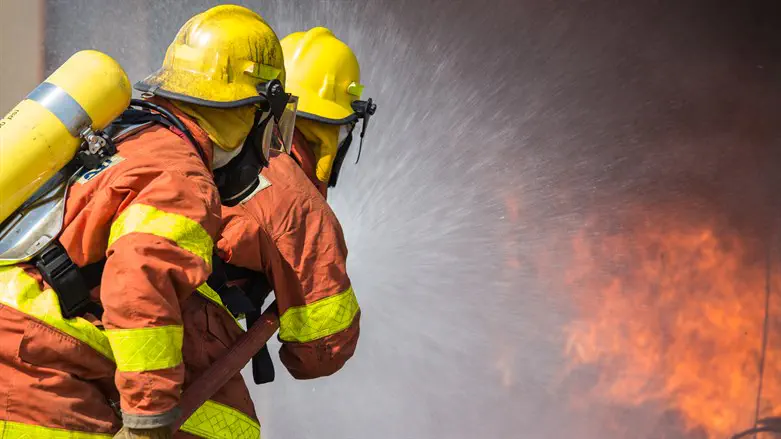
On Sunday, the Israeli government authorized a national plan developed by Prime Minister Naftali Bennett, Public Security Minister Omer Bar-Lev, and Environmental Protection Minister Tamar Zandberg, designed to enhance preparedness to prevent massive blazes. The plan was developed as part of the government’s measures to deal with climate change and global warning, given their expectation that climate change will lead to huge blazes in the coming years.
The plan includes creating special buffer zones in close proximity to forest or brush area, in order to prevent the spread of fire and limit the danger to life and property. It also involves planned coordination between the Israeli Air Force and the firefighters in order to enhance firefighting operations – the entire cost of the plan is estimated at NIS 155 million.
“The world is heating up due to climate change,” said Prime Minister Bennett as he announced the plan. “Such massive blazes as we have seen in recent years pose a significant danger to human life. Instead of waiting for the next tragedy to hit we’re getting prepared now with a nationwide plan that includes the creation of buffer zones in heavily forested areas where fire spreads easily. We have gained a great deal of experience in the past few years and now we’re doing our best to enhance our preparations for the future. This is how we are protecting Israeli citizens.”
Public Security Minister Omer Bar-Lev added, “My ministry is greatly involved in dealing with the climate crisis, with a stress on the national Fire & Rescue Services, preparing the country for great challenges such as the huge blazes we have seen in recent years. Today’s decision marks a significant step up in our level of preparedness.”
Speaking on behalf of the Environmental Protection Ministry, Tamar Zandberg said, “This is an additional and important step in aiding the country to prepare in the requisite way for climate change. Our region is characterized by dry, hot weather and the climate crisis is expected to lead to more frequent and extreme blazes in years to come. The decision the government has made today will enhance our preparedness for dealing with forest fires, and will also preserve biodiversity and open spaces.”
